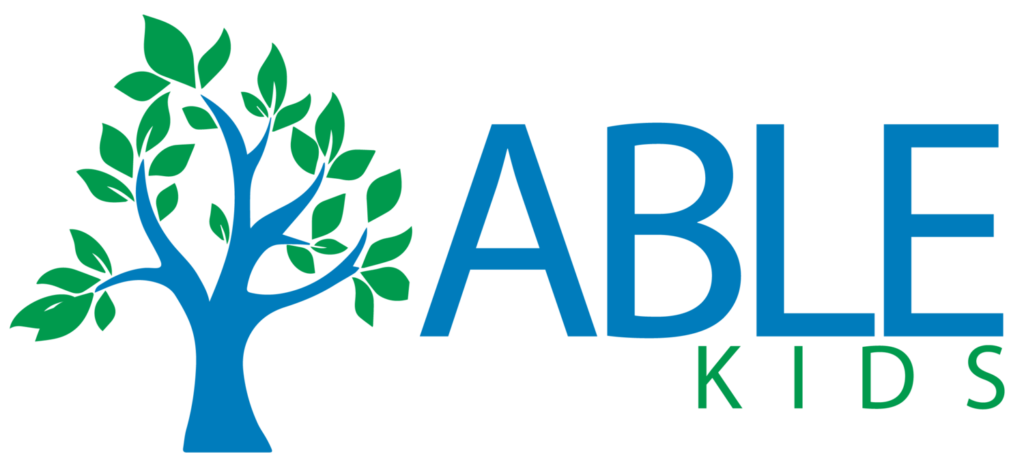Early intervention is a crucial component in addressing the needs of children with autism spectrum disorder. Early intervention involves providing specialized support and services to children with autism at a young age to help them develop necessary skills and reach their full potential.
Research has shown that the earlier children receive intervention, the better their outcomes in terms of communication, social skills, and overall development. In addition, early intervention can help children with autism develop the skills they need to successfully navigate school, relationships, and daily life. By providing support and services to children with autism at a young age, we can help them reach their full potential and lead fulfilling lives.
Understanding Early Intervention
Early intervention for Autism Spectrum Disorder (ASD) refers to a set of therapies and services designed to help children with ASD develop important skills and minimize the challenges they face.
The age range for early intervention for ASD is generally from birth to around age 3. It is during this critical period that a child’s brain is most malleable and receptive to learning new skills and behaviors.
Getting started early typically involves a variety of interventions such as speech therapy, occupational therapy, behavioral therapy, and social skills training.
Identifying the Need
Some of the most common signs of developmental delays in children include delays in speech and language development, delays in motor skills, social and emotional difficulties, cognitive delays, and delays in self-care skills.
Parents and doctors play a crucial role in identifying these delays and ensuring that children receive the necessary assistance to reach their full potential. Parents are often the first ones to notice any signs of developmental delays in their children. They are the ones who spend the most time with their children and are therefore able to observe their behavior and development closely.
Doctors can provide valuable insights and recommendations to parents regarding any concerns they may have regarding their child’s development. They can also refer children to specialists such as speech therapists, occupational therapists, or developmental pediatricians for further evaluation and support if needed.
Benefits of Early Intervention
- Cognitive
- One of the key cognitive benefits of early intervention for children with ASD is improved communication skills. Many children with ASD struggle with language development, but with early intervention, they can receive targeted support to help them improve their communication abilities.
- Social Skills
- Children with ASD often struggle with social communication and forming relationships with their peers, but early intervention programs can provide them with the necessary support to develop these skills.
- Physical Skills
- Many children with ASD may have difficulties with coordination and motor planning, but early intervention programs such as physical therapy and occupational therapy can help them improve their muscle strength, balance, and coordination.
- Long-Term Benefits
- By starting interventions at a young age, children with ASD can learn important skills that will help them succeed in school, build relationships, and navigate their daily lives more effectively. Early intervention can also help reduce challenging behaviors and improve the overall quality of life for both the child and their family.
Types of Therapies
- Speech Therapy
- Speech therapists work with children to improve their communication skills, such as forming words, using gestures, and understanding nonverbal cues. This therapy can help children with ASD better express themselves and interact with others.
- Occupational Therapy
- Occupational therapists work with children to help them develop the skills they need to participate in everyday activities, such as dressing, eating, and playing. This therapy can help children with ASD become more independent and self-sufficient.
- Physical Therapy
- Physical therapy can help children with ASD develop coping strategies to manage sensory input and improve their ability to participate in activities for daily living.
- Behavioral Therapy
- Behavioral therapists focus on teaching social, communication, and behavioral skills through positive reinforcement and repetition. This therapy helps children with ASD learn new skills and behaviors while decreasing problematic behaviors.
Seek Early Intervention
In conclusion, the benefits of starting therapy early cannot be overstated. Early intervention can lead to improved outcomes for individuals facing developmental delays or an ASD diagnosis. It is important that you can see the signs that your child may need early intervention. Starting therapy early can lead to better outcomes, improved communication skills, and enhanced overall well-being. At ABLE Kids, we highly suggest that you seek early intervention to maximize the effectiveness of therapy and its impact on your child.
